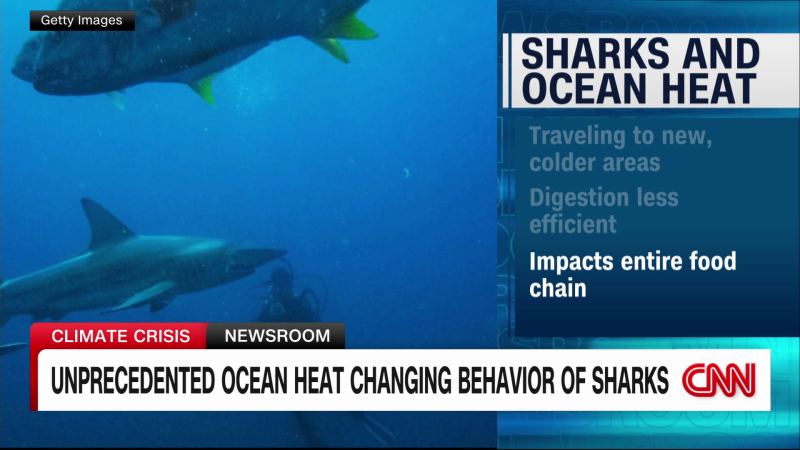Scorching temperatures will continue to smother millions from the Midwest to the Northeast on Friday and into the weekend, triggering emergency mode for cities and testing nation’s largest power grid.
Forecasters are cautioning about 150 million people of extreme heat Friday as severely high temperatures persist for much of the US – from California, Arizona and Texas to Missouri, Illinois and New York.
“Within these areas, daytime temperatures are forecast to approach and exceed 95-100F heading into this weekend, but oppressive humidity will make these temperatures feel much hotter,” the National Weather Service warned.
“In addition to the hot daytime highs, nighttime lows are also expected to be 10 to 15 degrees above average, with the potential for several warm nighttime low records to be broken,” weather service forecasters added.
Heat indexes – a measure of what the temperature feels like on the skin when accounting for relative humidity – are expected to be between 105 and 110 degrees on Friday, particularly over the Mid-Atlantic and Central Plains, the weather service said.
The agonizing, unrelenting heat has taken a hefty toll on many communities, as well as wildlife.
The number of people dying from heat-related complications is rising in the US. In Arizona, the Maricopa County Medical Examiner’s Office in Phoenix brought in 10 refrigerated containers to handle a possible overflow of heat-related deaths.
“While we typically see a surge in heat-related deaths in July, we won’t know how many … we have this year until forensic pathologists complete their investigations,” said Maricopa County spokesperson Jessie Caraveoa. The county has reported 25 heat-associated deaths so far this year as of Monday.
Arizona officials are also reporting emergency room visits for extreme heat burns after people fall to the ground – and even cacti are dying from the persistent triple-digit temperatures.
The intense heat is spreading as a newly published report indicates July is likely the planet’s hottest month on record.
The report, published Thursday by the European Union’s Copernicus Climate Change Service and the World Meteorological Organization, notes July’s heat has been so intense that it is “virtually certain” this month will break records “by a significant margin.”
In the US on Thursday, record-high temperatures were reported in Arizona, California, Texas, Louisiana and Washington, DC, according to preliminary data.
As the heat continues Friday before slowly waning in some areas during the weekend, here’s how some communities have taken precautions.
The heat is also taxing power infrastructure in many parts of the country.
Energy provider Con Edison has asked New York residents to reduce their consumption. “Intense heat and increased demand for air conditioning can cause strain on the electric system and may lead to localized outages,” the utility said in a news release.
And PJM Interconnection – the nation’s largest power grid system – on Thursday declared an emergency alert, which instructs all systems to be online, including those with planned outages. The utility coordinates electricity for more than 65 million people in all or parts of Delaware, Illinois, Indiana, Kentucky, Maryland, Michigan, New Jersey, North Carolina, Ohio, Pennsylvania, Tennessee, Virginia, West Virginia and Washington, DC, according to its website.
How hot it will be this weekend
The heat index in Washington, DC, is expected to exceed 100 degrees Friday and Saturday. Low temperatures won’t dip below 74 on both days, providing little relief for the nation’s capital.
Meanwhile in Chicago, residents could see a heat index of 101 degrees Friday, but temperatures are expected to cool Saturday when a high of 78 is forecast.
In New York, temperatures may begin to improve Sunday, when the high is forecast at 82 degrees.
Elsewhere, Phoenix saw a much-needed improvement Wednesday night when the temperature at Phoenix Sky Harbor airport fell below 90 degrees for the first time since the morning of July 9, according to the city’s National Weather Service office. Nearby thunderstorms cooled the area after it reached a record high of 118 degrees Wednesday afternoon.






